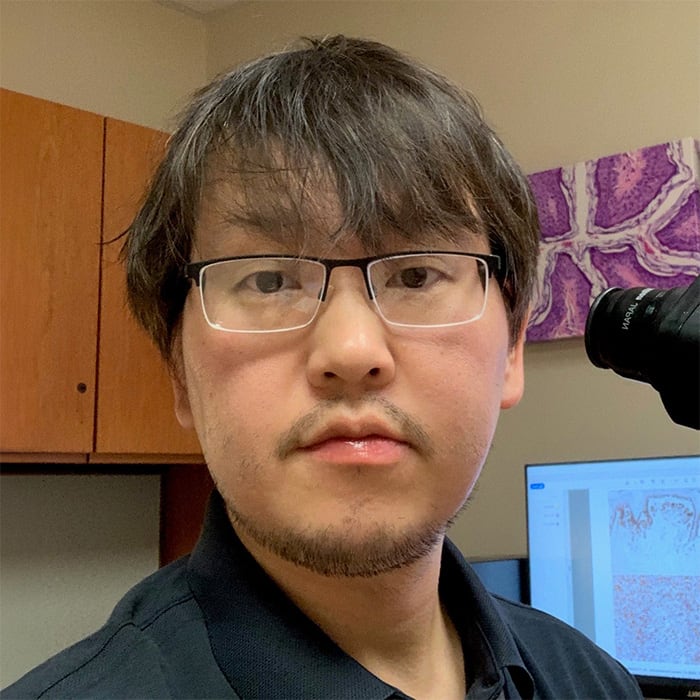
Woo Cheal Cho
Assistant Professor, Department of Anatomical Pathology, The University of Texas MD Anderson Cancer Center, Houston, Texas, USA
False

Assistant Professor, Department of Anatomical Pathology, The University of Texas MD Anderson Cancer Center, Houston, Texas, USA
Pathology is a uniquely rigorous field. Unlike many other medical specialties, where a wide differential diagnosis is part of the process, pathologists are expected to provide definitive answers. That challenge – and responsibility – is what drew me to the specialty. Because of the nature of the work, attention to detail and a meticulous, even obsessive mindset are essential qualities in a great pathologist.
One of the most important lessons I learned early is that diagnostic skill is not measured by a CV, the number of publications, or national presentations. While academic contributions are valuable, they do not necessarily reflect diagnostic thoroughness. I emphasize this to my trainees: what matters most is the quality and integrity of the work at the microscope.
I encourage trainees to approach slide review deliberately and thoroughly. The ability to make a diagnosis at low power may look impressive, but it often comes at the cost of missing subtle, yet critical, findings at higher magnification. Pathology is not a speed competition – accuracy and completeness always come first.
Another principle I stress is the importance of clear, professional, and error-free pathology reports. Our reports are not only read by clinicians; patients and families may also see them. Reports must communicate essential diagnostic information, use precise grammar and terminology, and reflect the seriousness of our role.
I also teach trainees to approach learning with objectivity and openness. Seniority should not determine the weight of an opinion. Instead, I encourage them to learn from the strengths of each attending while developing their own diagnostic style and critical thinking.
The same caution applies to the literature. A published article or textbook is not automatically infallible. Errors can persist if repeated uncritically. I urge trainees to approach sources with a questioning mindset – verify claims, think independently, and rely on evidence-based reasoning alongside personal diagnostic experience.
These are the principles I aim to instill in those I mentor: precision, professionalism, intellectual humility, and independent critical thinking. I believe these values are what ultimately define excellence in pathology.
Dive deeper into the world of pathology. Explore the latest articles, case studies, expert insights, and groundbreaking research.
Receive the latest pathologist news, personalities, education, and career development – weekly to your inbox.

False
False
False